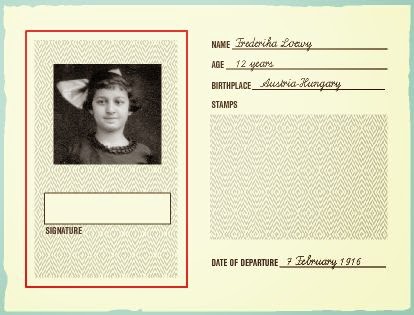Oleksandr
Dovzhenko
The man I would like to tell you about made a breakthrough in the film
industry and won the respect of the
whole world. Needless to say that he also made
useful contributions to the development of Ukrainian literature and cinema.
Serhiy Eisenstein said that he was
a new man of cinema, a master of his genre, a master of his individuality. It
was Oleksandr Dovzhenko.
Oleksandr Dovzhenko was born on September 10, 1894 in
the village Viunyshche, Sosnytsia district, Chernihiv Governorate in the
Russian Empire. In 1911 he applied
to Hlukhiv Teachers’ Institute, and after graduation in 1914 he worked as a
teacher. That time he also became an
activist of Ukrainian independence movement. In 1917 he wanted to serve in the army but he didn’t go to the war because he had military service exemption certificate. That’s why, he
decided to apply to Kyiv Commercial Institute where he had the ability to get a scholarship. However, his hopes were dashed because he didn’t gain good marks there and his attempts
to study failed miserably. In 1918 he
also took part in anti-conscription protest with other
students who didn’t want to join the
army of Ukrainian Hetman Pavlo Skoropadsky. He assisted in civil unrests and military
operations against the Bolsheviks, was the prisoner of concentration camp,
and then was taken prisoner during
the Polish-Soviet War in 1920. For 2 years Dovzhenko was working as a diplomat and had a lot of influence. His job encompassed diverse activities such as meeting with councillors, signing treaties, negotiating
agreement for the exchange of prisoners
of war, etc.
When Oleksandr Dovzhenko was thirty-three years old,
he decided to try and become a film director. His film Zvenyhora
came out in 1928 and attracted interest of
critics. The next one was Arsenal
which made a bad impression on
Ukrainians because it looked like pro-communist publicity campaign. However, his masterpiece Earth (1930) caused a
sensation and European film
makers took Dovzhenko seriously. Unfortunately, it produced the opposite effect on Soviet
critics who found the film Earth counter-revolutionary.
Dovzhenko suffered the consequences
and it was difficult not to lose his
nerve because he had to make films about Soviet industrialisation. The outcome was predictable and his film Ivan was doomed to failure.
In 1941 Dovzhenko was awarded the Stalin Prize for the
film Shchors. During World War II he
also served as a wartime journalist
for the Red Army. It is my firm conviction that he made a considerable contribution to Ukrainian history because a vast number of his unique shots helped
military historians to reconstruct the course of events of
World War II. He didn’t miss the point
and showed the horror of war, fierce fighting, underlying causes of the
dismal failures, etc.
One of his crowning
achievements was creating a new genre of literature which was an adapted
screenplay. In 1955 Oleksandr Dovzhenko wrote his famous autobiographical novel
Zacharovana Desna. Unfortunately, he ran
out of time to make a screen version of it and enjoy the fruits of his hard work. Talented Ukrainian writer, film
director, and screenwriter passed away on November 25, 1956. A year later, the
Kyiv Film Studios was named after him in his honour.





